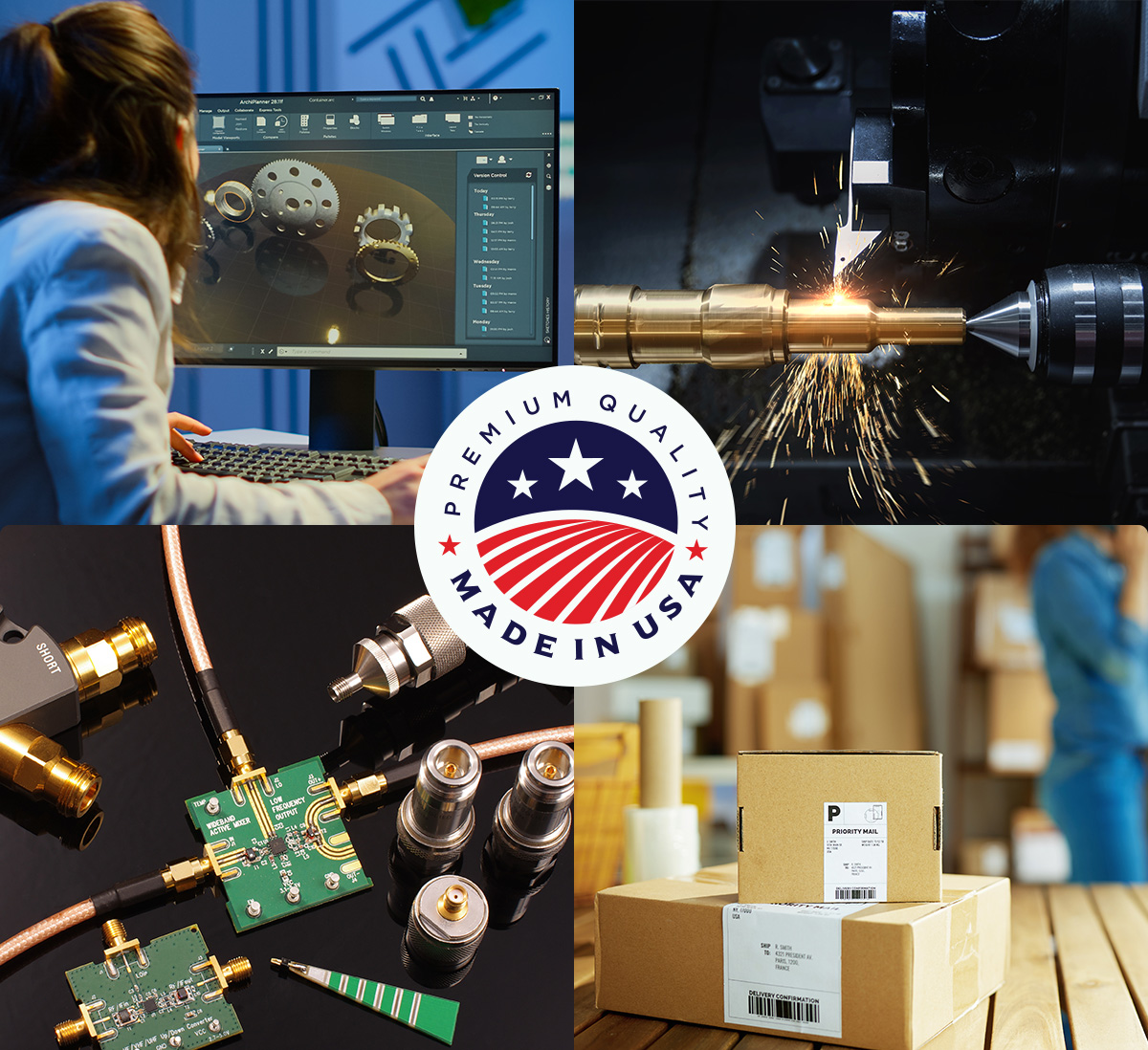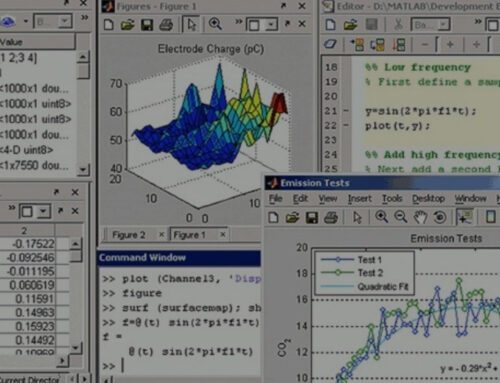Semiconductors: What Are They and Why Are They Important?
Semiconductors are the cornerstone of modern-day technology. They are used to power computers, smartphones, tablets, and a variety of other digital devices. Semiconductors allow for faster data processing by tapping into their unique properties: they can both conduct electricity and resist it at the same time. This dual capability makes them ideal for use in the creation of semiconductor-based chips, which are found in almost all modern computers.
Semiconductors play a key role in making computing faster and more efficient than ever before. Without semiconductors, it would be impossible to create devices that could store larger amounts of data, process information faster, or run more complex applications. Furthermore, semiconductors allow us to reduce energy consumption while still providing the performance we need.
In short, semiconductors are a key component of modern technology and are instrumental in allowing us to take full advantage of its many possibilities.
Why the shortage of Semiconductors?
The global chip shortage has had a considerable impact on many industries. The automotive sector has been greatly affected, with production significantly disrupted in some of the world’s largest automakers. As well as this, many tech companies are also facing difficulty due to the lack of chips available and their inability to source parts from other countries.
The main cause of the global chip shortage is largely due to the disruption caused by the COVID-19 pandemic. Many factories were temporarily closed, reducing production and leading to shortages in components for chips. The current war between Russia and Ukraine has also had an impact on chip production, as it has restricted access to some materials used in their manufacture.
Finally, the decoupling of globalization by the US and its deteriorating relations with China have disrupted trade and production in both countries, resulting in a further reduction in chip supply.
These factors have resulted in a global shortage of chips that is having an immense impact on various industries.
New Semiconductors Foundries Coming
The U.S. government is determined to make the United States a leader in semiconductor manufacturing, and it has taken multiple steps to do so. It recently approved $37 billion in subsidies for chipmakers with the CHIPS Act, while also pushing for the creation of an official “American Foundries” initiative that will offer incentives to companies that build their factories domestically. This includes tax incentives and other government aid.
The U.S. government is also looking to tighten regulations for foreign semiconductor companies, specifically those located in China and Taiwan, through a new set of rules known as the “Semiconductor Manufacturing Equipment Security Program” (SMESP). This program will require foreign companies to meet certain security guidelines and obtain approval from the U.S. government before they can sell equipment in the United States or Europe.
Finally, the U.S. government is looking to increase collaboration between universities and private sector companies on semiconductor research, development, and manufacturing.
Apple Moving Semiconductor Production
Apple’s decision to buy chips from and Arizona foundry in the U.S. is part of a larger effort by the company to diversify its supply chain and reduce its dependence on foreign markets. The move could help Apple better respond to potential trade disputes with other countries and mitigate any risks associated with manufacturing components in Taiwan or China.
The factory in Arizona will produce the same 5-nanometer chips as TSMC’s factories, but it will be a more cost-effective solution for Apple. It could also help the company better protect its intellectual property from potential hackers or cybercriminals.
U.S. Tells Semiconductor Engineers – Stay in China, Your Passport Revoked
The latest changes to US technology export rules are creating a difficult situation for many American citizens working in Chinese companies. These changes mean that any American citizen working in the semiconductor industry at a Chinese firm that is involved in certain activities related to export-controlled technologies could face the prospect of either having to quit their job or risk losing their US citizenship.
Other RF News, Information & Resources
About Precision Millimeter Wave
We are a growing microwave & millimeter wave manufacturing & engineering company of parts, sub-assemblies and more for both passive & active based components.
Contact us for your needs.












